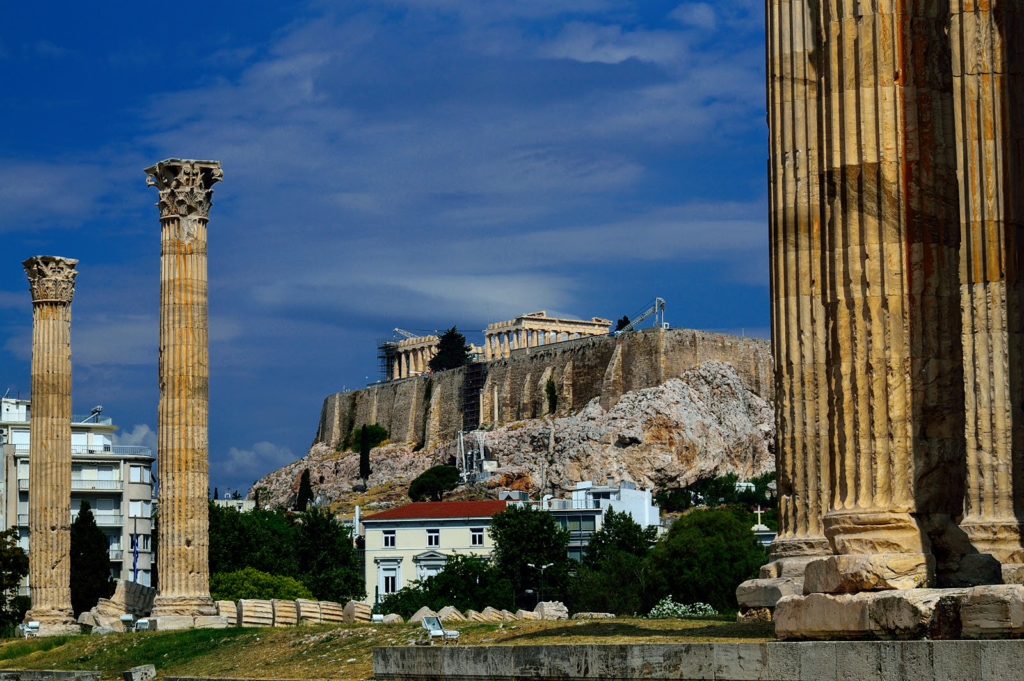In Bertolt Brecht’s play Galileo, the character of Andrea affirms: “Unhappy the land that has no heroes!” To this, Galileo responds: “No. Unhappy the land that needs heroes”. People seem to hold heroes in high regard. Few are those who realize the repercussions of having heroes in a democracy.
A hero is generally an individual (this is important, as we’ll see) who displays great courage, aspires to great achievements, and overall plays an important, central part in a certain event or historical period.
What could possibly be bad about that, you might wonder.
The operative element here is democracy, so let’s see the definition of that word as well: It comes from the Greek words δήμος (people) and κρατία (power, rule); rule of the people, that is.
Democracy relies on informed, rational citizens collectively and intelligently deciding on the affairs of the state. Ironically enough, that’s precisely the reason why democracy inevitably fails.
In reality, people are a collection of individuals. Most of them are of, well, average intelligence and with, well, adequate moral convictions. A few (or…?) are truly stupid and malicious, and very few are highly intelligent and benevolent. Obviously, there are many gradations in between. Moreover, the systemAs this word carries a lot of baggage and can convey an aura of conspiracy theory ("them", "they", or "it"), I should clarify that system in this post simply refers to the ruling class; the status quo. has an incentive to undermine or even silence those few whose integrity is so powerful, they completely disregard danger – with a few shining exceptions, their stories are lost.
The thing is, in such a setup, heroes in a democracy that struggles appear as an attractive solution. Heroes in a democracy almost feel like what the “mortals” need to be inspired by.
And yet, heroes in a democracy are a dangerous paradox: the very element that assures democracy is dying.


